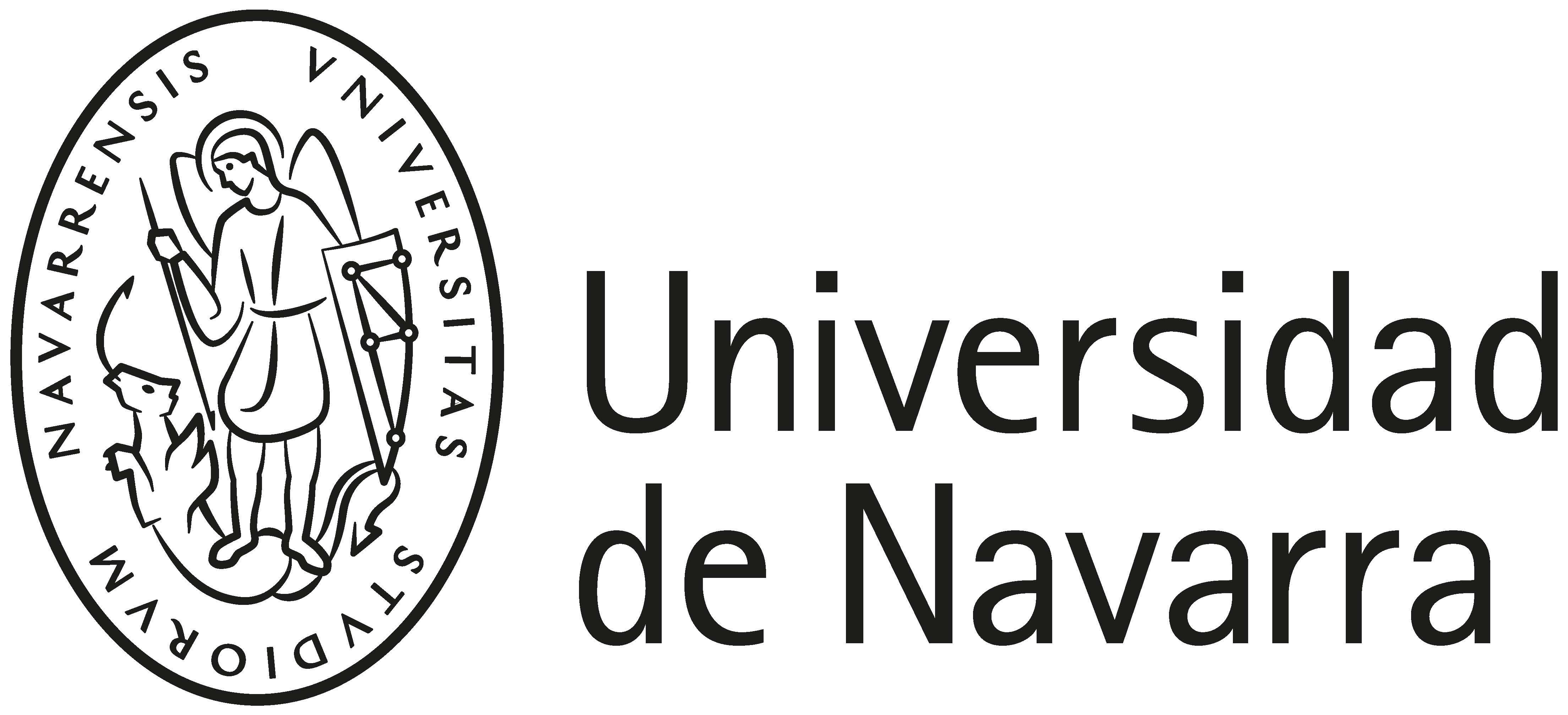

DEGREE in Electrical
ENGINEERING
After completing this degree, you’ll be a professional with the ability to use electricity to design, develop and improve the equipment, systems, elements and components that make electrical machines and installations work.
You’ll be able to design energy-efficient systems, batteries, electrical power generation systems, motors, energy transmission networks, transformation systems and more.

Chemistry
Electronic Technology
Business Administration
Differential Equations
Ethics II
Data Analysis
Mechanics
Environmental Technology Pathway (Data Analytics, Computer Science, Making and
San Sebastián Campus
Find out more about the degree by scanning the QR code or visiting en.unav.edu/web/degree-inelectrical-engineering
Graphic Expression
Studying the Degree in Electrical Engineering will allow you to develop a highly sought-after profile in the market.
Materials Engineering
Material Resistance
Automatic Control
Heat Transfer
Electrical Systems
Digital Systems
Cultural Keys I
Theory of Machines
Fluid Mechanics
Electronic Circuits
Information Technology II Ethics III
Cultural Keys II
of the Pathway
Materials Engineering II
Electrical Technology
Manufacture of Electronic
Systems
Electrical Technology
Electric Drives
